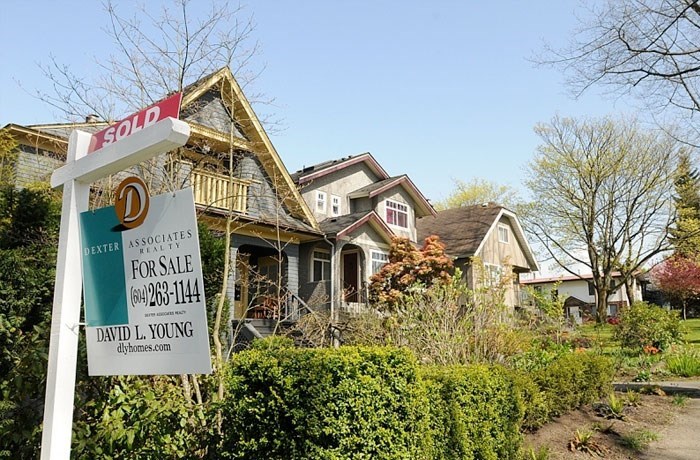British Columbia’s housing market remained active through March but is expected to downshift as rising interest rates curb sales and prices.
Multiple Listing Service (MLS) home sales fell 0.8 per cent to a seasonally adjusted 9,940 units. While nearly a quarter lower than last year’s high-water mark, levels remained elevated and amounted to the third-highest same-month sales on record. Six of the 12 regional real estate board areas reported declines, with sharp drop-offs in Chilliwack (-23 per cent), Victoria (-12 per cent), and Kamloops (-12 per cent) following strong February gains.
Elevated sales and low inventory kept prices firm, with an average MLS price of $1.045 million, up 15 per cent year over year. The average price in the Greater Â鶹´«Ã½Ó³»(-1.8 per cent) and Fraser Valley (-7.7 per cent) real estate board areas eased, while prices generally increased in other regions.
Composite benchmark values which adjust for housing attributes remained positive.
While the market remains strong, a slowdown is anticipated due to affordability erosion from the triple whammy of higher interest rates, home prices and general inflation. Fixed rates have already climbed to above 3.6 per cent to lift mortgage stress-test thresholds, while variable mortgage rates will continue to move higher as the Bank of Canada hikes rates. Elevated first-quarter activity was buoyed by buyers looking to use lower rate pre-approvals. Adding to this pressure will be a decline in households looking to move further to suburban markets and smaller urban areas as more workplaces require employees to return to the office more frequently.
MLS home sales fell 20.1 per cent to 26,577 units from a year ago through the first quarter, while the average price rose 20 per cent to $1.086 million.
B.C. consumer spending slipped in February with retail sales down 0.9 per cent to a seasonally adjusted $8.22 billion marking a second decline in five months. Year over year, sales were up a scant 0.2 per cent compared with 0.9 per cent in January, reflecting a flat sales environment for nearly all of 2021 and strong growth in 2020 as spending rotated toward services, tourism and event spending. •
Bryan Yu is chief economist at Central 1 Credit Union.



